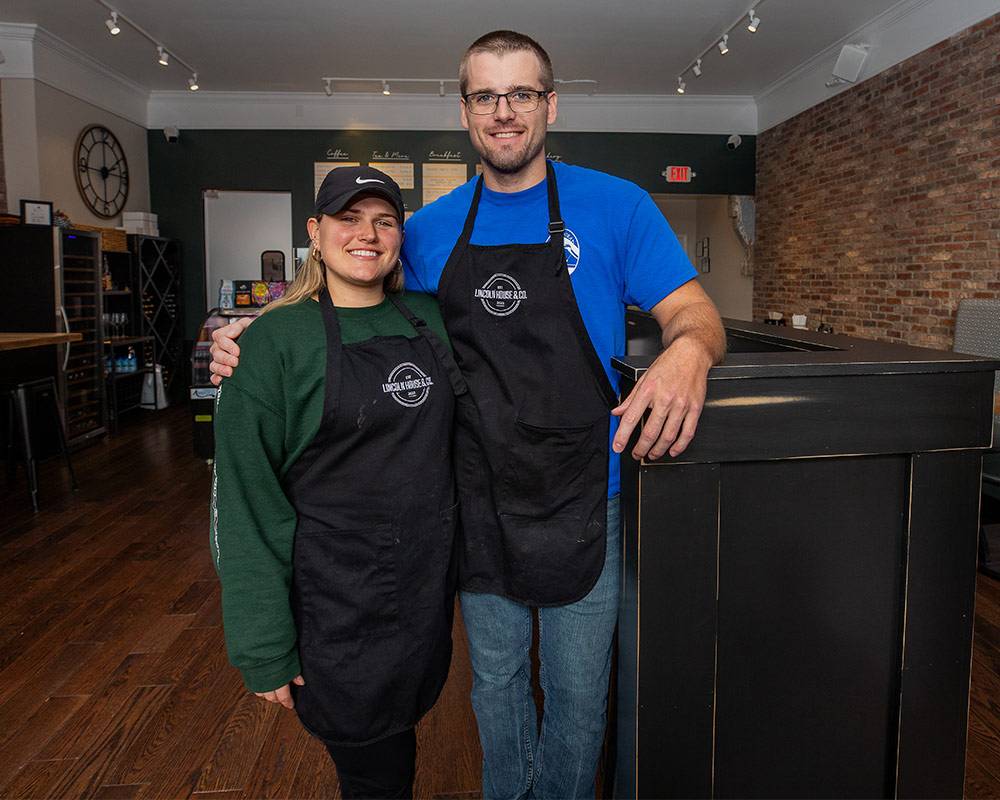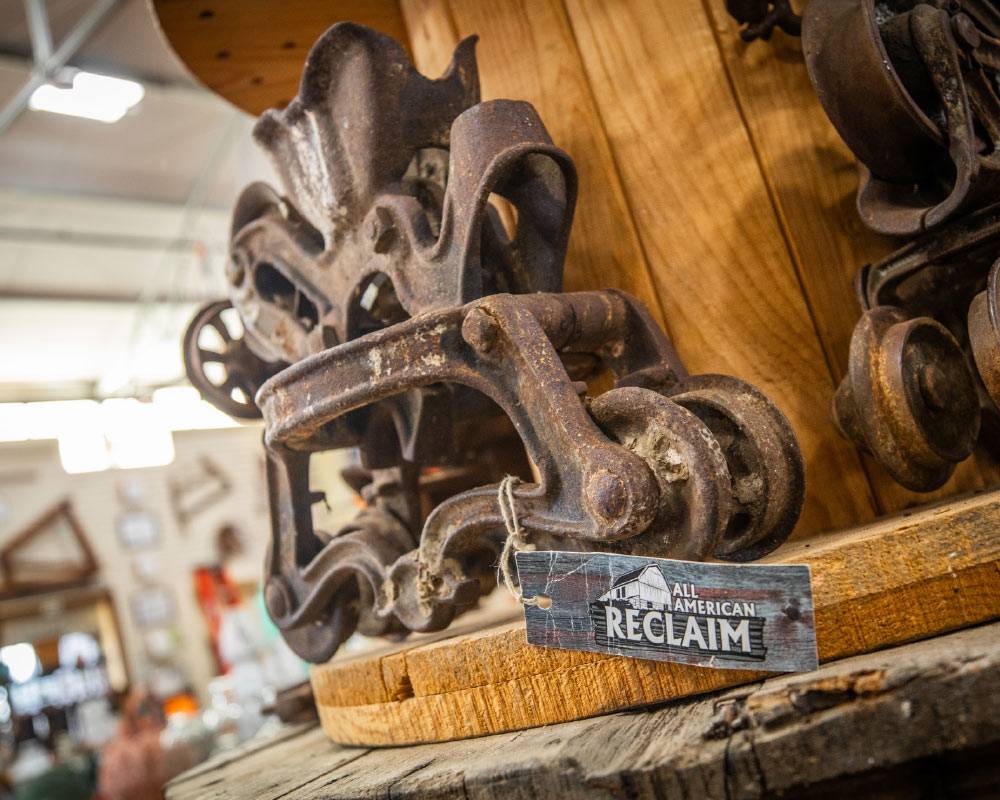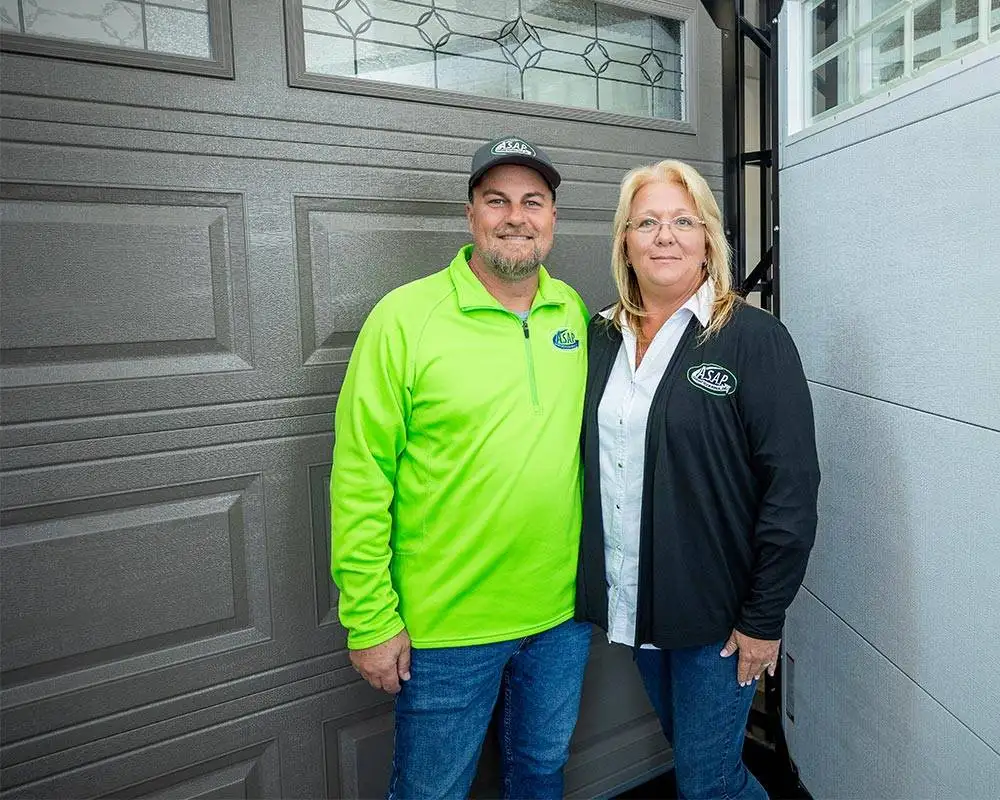Rockford native Carlos Polk is back in Illinois, this time helping the Chicago Bears return to glory.

Rich Infusino smiles when he recalls the first time he met Carlos Polk. The chiseled teenager had just transferred to Rockford’s Guilford High School after spending his freshman year at Dundee-Crown High School in Carpentersville, Ill.
“We were in the middle of double sessions one day and I was eating lunch in the teachers’ lounge,” the retired Guilford coach recalls. “All of a sudden, a school administrator brought Carlos and his mother in to meet me. Here I had this 6-foot-2, imposing figure standing in front of me. I said, ‘Let’s go.’
“We went out onto the practice field where we were doing a one-on-one hitting drill called Bull in the Ring. Carlos was demolishing all the other players, so I called on Cory Schrank, our senior captain. Everyone just stopped to watch. These two just went at it in this hitting drill and neither went down. I said, ‘I’ve seen enough.’ Carlos became a starting linebacker that day. I knew he was going to be a special player.”
Special, indeed.
Polk went on to have a tremendous high school career, but his success didn’t stop there. He had a stellar college career at the University of Nebraska and was drafted by the San Diego Chargers in the fourth round of the NFL draft. After an eight-year career, Polk hung up his cleats and moved into the coaching ranks. And now, after more than 25 years since he played his last down of high school football in Rockford, Polk is back in Illinois, this time as assistant special teams coach for the Chicago Bears and first-year head coach Matt Eberflus. You could say Polk’s career has come full circle and he couldn’t be happier.

“I am so thrilled,” says Polk, 45, whose mother and other relatives still call Rockford home. “To be home again and so close to family is special. I’m truly blessed.”
In high school, Polk was one of the all-time leading tacklers in Illinois high school history. In four years, he recorded 453 career tackles, 10 fumble recoveries, seven blocked kicks and five interceptions. He received All-Conference honors three times and All-State honors once. In his senior year alone, Polk, who played middle linebacker, had 152 tackles and 13 sacks.
Radio broadcaster Dean Ervin, who’s covered local football for decades, remembers Polk for his speed.
“He was one of the best I’ve ever seen as a linebacker, going side to side,” he says. “I described him as a blue-collar guy who brought his lunch box to work every day and got the job done. You can’t coach the type of speed he had. You always knew what player he was on the field. I wouldn’t want to get hit by Carlos Polk, that’s for sure.”
A physical terror on the football field, Polk was the complete opposite off the field, says Infusino.
“Carlos is the most pleasant person to be around,” he says. “He has the biggest smile from ear to ear. At Guilford, I never had heard one complaint about Carlos from any other teacher. A lot of people looked up to him; he was so down to earth. But when it came to practice or games, he was all business.”
Polk was heavily recruited by the University of Illinois, but only as a tight end and not his preferred position of linebacker. His decision was made when Nebraska’s legendary coach Tom Osborne paid a visit to the Polk home. “Rather than talk football, he talked about the education I would get at Nebraska,” he says. “That won my mom over.”
It was the right decision. Polk had 32 tackles as a redshirt freshman for a Nebraska team that shared the 1997 national championship with Michigan. Polk was a two-time All-Big 12 selection with the Cornhuskers and an All-American in 2000. He finished his career with 227 total tackles, which ranks 17th in program history, and he was inducted into the Nebraska Football Hall of Fame in 2010.
Polk was selected in the fourth round of the 2001 NFL Draft and played seven seasons with the Chargers before closing with one season on the Dallas Cowboys in 2008. He appeared in 75 career games with six starts in his NFL career, recording 121 tackles.
For most of his time with San Diego, Polk backed up the late Junior Seau, one of the most dominating players to play the linebacker position. While most people thought Polk might have received more playing time for another team, he sees it differently.
“I learned so much from Junior – he was a great teammate and friend,” says Polk of Seau, who committed suicide in 2012 and was elected posthumously to the Pro Football Hall of Fame three years later. “So many veterans worry that young players are going to steal their job, but Junior welcomed me with open arms and helped teach me the game. I was heartbroken when he died.”
While Polk didn’t play as much linebacker in the NFL as he hoped, he did excel at special teams, which is what he now coaches. But he has no regrets about a career that helped him build lifelong relationships with many former coaches and players.
“Pro football challenges you mentally and physically,” says Polk, who has endured 13 surgeries due to football-related injuries. “Fortunately, I’ve had a lot of good people in my corner.”

Following retirement, Polk decided to try coaching after a chat with a good friend, Akili Smith, a former NFL quarterback who was coaching junior college football. In 2009, Polk joined Smith and became the assistant special teams coach for Grossmont College in California. Since then, Polk has coached special teams in the NFL for 10 seasons, with stops in San Diego, Tampa Bay, Dallas, Jacksonville and now Chicago. “The adrenaline I used to get playing football just carried over to coaching,” he says.
Polk and his wife, Monique, have two sons, DeVonn and C.J., and two daughters, Deja and Miracle. The Polk family makes their permanent home in Tampa, Fla., where Polk enjoys woodworking and restoring old cars in his free time.
But for Polk, who grew up a Bears fan, his focus is helping his new team return to their winning ways. With a new coaching staff and a young team, Polk knows changing a losing culture isn’t going to happen overnight.
“The city of Chicago is hungry to win,” he says. “We have a lot of young players who are eager to learn and do whatever it takes. As far as special teams go, we don’t want to be a mediocre unit; we want to be the best in the league and give our team the best chance to win.”
Rich Infusino is one Bears fan who is optimistic about the new regime in Chicago. A former season ticket holder, Infusino will be paying close attention to the new-look Bears team this year, especially the special teams unit.
“I don’t have the words to describe just how proud I am of Carlos,” Infusino says. “He played major college football, played eight years in the NFL and now he’s a coach. Carlos can do anything he wants to do, and it’s always been that way with him.”




















































